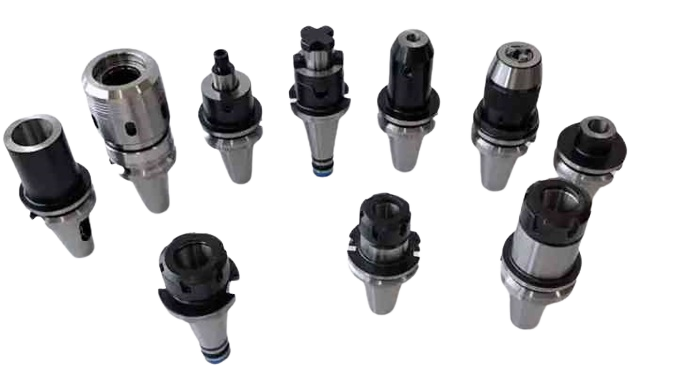Tool Holders for Precise Milling
When it comes to milling operations, precision is of utmost importance. Achieving accurate and consistent results requires the right tools and equipment, and one crucial component in the milling process is the tool holder. Tool holders play a significant role in securing and stabilizing the cutting tools during milling operations, ensuring precise cuts and efficient machining.

Tool holders are designed to securely hold the cutting tools, such as end mills or drills, in place while allowing for easy installation and removal. They provide the necessary rigidity and stability to minimize vibrations and deflection during the milling process, ultimately leading to improved surface finishes and dimensional accuracy.
One of the key factors to consider when selecting tool holders for milling is the type of tool holder interface. Common interfaces include collet chucks, end mill holders, and shell mill holders. Each interface type has its advantages and is suitable for specific milling applications. Collet chucks, for example, are ideal for small diameter tools and provide excellent gripping force, while end mill holders are suitable for holding end mills with a straight shank. Understanding the different types of tool holders and their applications is essential in optimizing milling performance.
Another crucial aspect of tool holders is their accuracy and runout. Runout refers to the deviation of the cutting tool's rotation axis from its true centerline. High runout can result in poor surface finishes and reduced tool life. Therefore, selecting tool holders with low runout is essential for achieving precise and consistent results. Additionally, tool holders with a high clamping force ensure the secure grip of the cutting tool, minimizing tool slippage and improving overall machining efficiency.
Furthermore, tool holders should be properly maintained to ensure their optimal performance. Regular cleaning and inspection for any signs of wear or damage are necessary. Replacing worn-out or damaged components, such as collets or nuts, is crucial to maintain the accuracy and stability of the tool holder system.
In conclusion, tool holders are vital components in milling operations, playing a significant role in achieving precise and accurate results. By selecting the appropriate tool holder type, considering accuracy and runout, and properly maintaining the tool holders, manufacturers can optimize their milling performance and enhance the overall efficiency of their machining processes. Investing in high-quality tool holders and understanding their importance in the milling workflow is a worthwhile endeavor for any precision machining operation.
